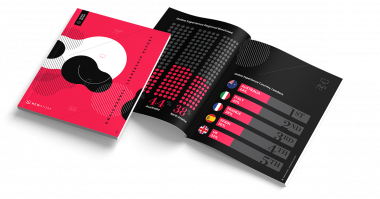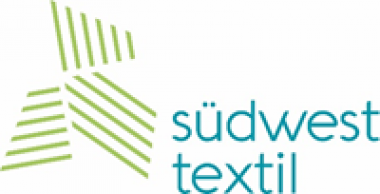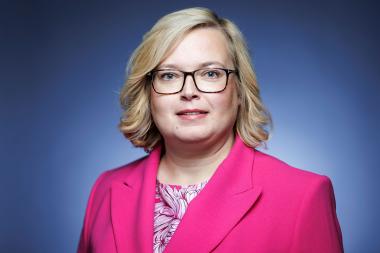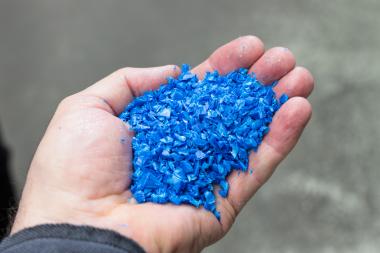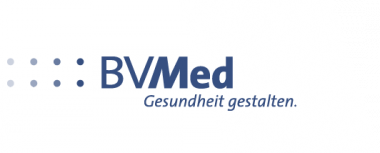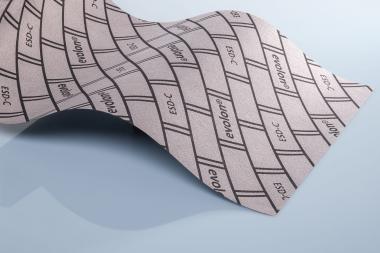NewStore: Erste Ausgabe des Omnichannel Leadership Reports
NewStore, eine mobile Omnichannel-Cloud-Plattform für internationale Einzelhandelsmarken, hat die erste globale Ausgabe seines Omnichannel Leadership Report veröffentlicht. Dabei wurden die Omnichannel-Fähigkeiten von 275 Einzelhandelsmarken in sechs Märkten untersucht: Australien, Frankreich, Deutschland, Italien, Spanien und Großbritannien. Das Unternehmen bezog dabei zusätzlich Daten aus seinem im Oktober 2022 veröffentlichten Nordamerika-Report 2023 ein, um den Fortschritt von Händler-Initiativen zur digitalen Transformation in den verschiedenen Regionen zu vergleichen.
NewStore setzte für die Untersuchung ein Team von Testkäufern ein, um die Einkaufserlebnisse der einzelnen Einzelhandelsmarken im Internet, in der mobilen App und in den Geschäften zu überprüfen. Die Ergebnisse führten zur Ermittlung einer Gesamtpunktzahl sowie der Punktzahl für jede Berichtskategorie. Durch diesen Prozess wurden die folgenden Marken als Omnichannel-Leader 2023 in Europa und Australien identifiziert:
- Marks & Spencer (U.K.)
- Calzedonia (Italien)
- Moncler (Italien)
- Gucci (Italien)
- Cotton On (Australien)
Im neuen Report wurde auch der allgemeine Omnichannel-Reifegrad regional bewertet. Den einzelnen Ländern wurde eine prozentuale Punktzahl zugewiesen, die die durchschnittliche Leistung der Marken auf dem jeweiligen Markt widerspiegelt:
- Italien: 40%
- USA- 36%
- Australien: 34%
- Spanien: 34%
- Kanada: 32%
- Frankreich: 30%
- U.K.: 30%
- Deutschland: 26%
Während Italien mit der höchsten Gesamtpunktzahl und drei der fünf als Omnichannel-Leader identifizierten Marken eindeutig führend war, lagen Europa (32 %) und Australien (34 %) bei der Omnichannel-Kompetenz insgesamt noch hinter Nordamerika (36 %).
NewStore ermittelt die Omnichannel-Kompetenz, indem der Einsatz spezifischer Fähigkeiten analysiert wird, die für die Customer Journey über die Online-, Mobile- und In-Store-Erfahrungen einer Marke wesentlich sind. Die folgenden Daten zeigen einige der wichtigsten Omnichannel-Funktionen, die NewStore untersucht hat und wie sich diese in den verschiedenen Regionen unterscheiden:
- Kontaktloses Bezahlen: 96 % der globalen Marken bieten kontaktlose Zahlungen an, verglichen mit 76 % in Nordamerika.
- BORIS: 62 % der globalen Marken ermöglichen es den Kunden, online gekaufte Artikel im Geschäft zurückzugeben, verglichen mit 72 % in Nordamerika.
- Click-and-Collect: 59 % der globalen Marken ermöglichen es den Kunden, online gekaufte Produkte im Geschäft abzuholen, verglichen mit 54 % in Nordamerika.
- Mobilität der Mitarbeiter: 31% der globalen Marken statten ihre Mitarbeiter mit einem mobilen Gerät aus, verglichen mit 32% in Nordamerika.
- Mobile Shopping Apps: 23% der globalen Marken bieten eine eigene App an, verglichen mit 33% in Nordamerika.
NewStore GmbH


